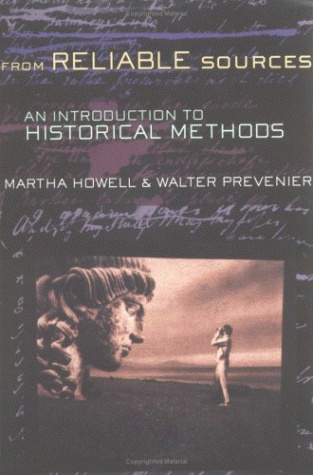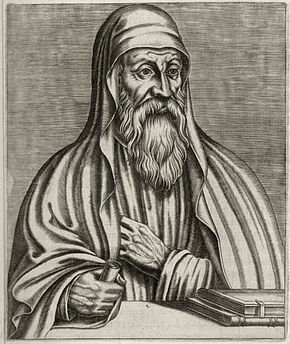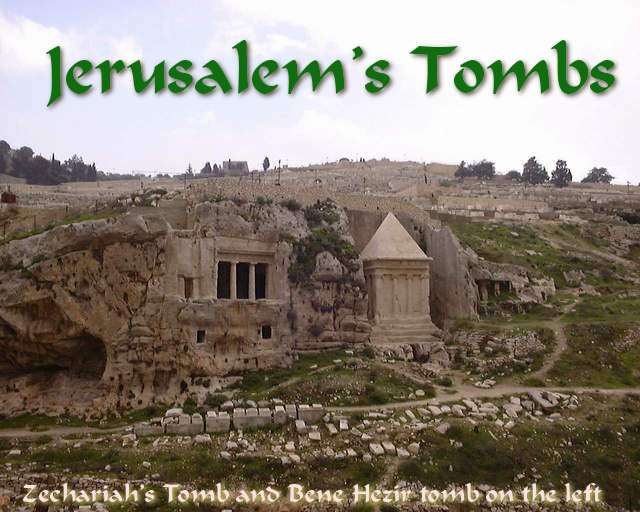
Recently a theologian helpfully advised me to do a bit of background reading on how historians work generally in order to come to see that historical Jesus scholars do work by the same principles as applied by historians generally. So I did. I shared what I read there about the basics of how historians ought to approach their documents in How Historians Work – Lessons for historical Jesus scholars.
The same theologian was even kind enough to subsequently recommend that I read a work by oral historian Jan Vansina in order to understand that historians “adapt” or “refine” standard principles in order to make them fit the special requirements where, say, written sources are very scarce. The point of this exercise was for me to learn that if I see theologians using something not exactly the same as I see in other history books, then I was to understand that if historians do not have a rich abundance of written materials they do indeed “refine” or “adapt” principles so that they can work with that scarcity of evidence.
So I did that, too. I chose Jan Vansina’s “Oral Tradition as History” (1985) and his earlier “Oral Tradition: A Study in Historical Methodology”.
Before I continue I should say that the idea that any historian “refines” basic methods such as “external attestation” or the need to establish provenance before knowing how to interpret a text for certain types of historical information quite confused me. My own understanding has always been that historians merely limit and change the questions they can ask so that the tried and true tools they use can still be used validly. They don’t “refine” their tools to enable them to get more answers than the sources would otherwise allow. That has certainly been my understanding as a student of both ancient and modern history. From my experience there is nothing different in principle at all — no refinements or adaptations of what are really basic logical “tools” — but only the fact that historians of ancient times can never hope to know the sorts of details about events or people as they can know for the well-documented recent past.
But the theologian insisted I was in the wrong and that if I read Vansina I would see that historians do indeed “refine” and “adapt” their methods to fit their “needs”. They are applied differently, he has said.
So I approached Vansina with interest to see if there was something I had missed and needed to learn. Here are a few excerpts from what I read. Continue reading “Confessions of a Theologian — Bible scholars really do do history differently”




 James McGrath begins his
James McGrath begins his  Continuing from the previous post, addressing McGrath’s
Continuing from the previous post, addressing McGrath’s